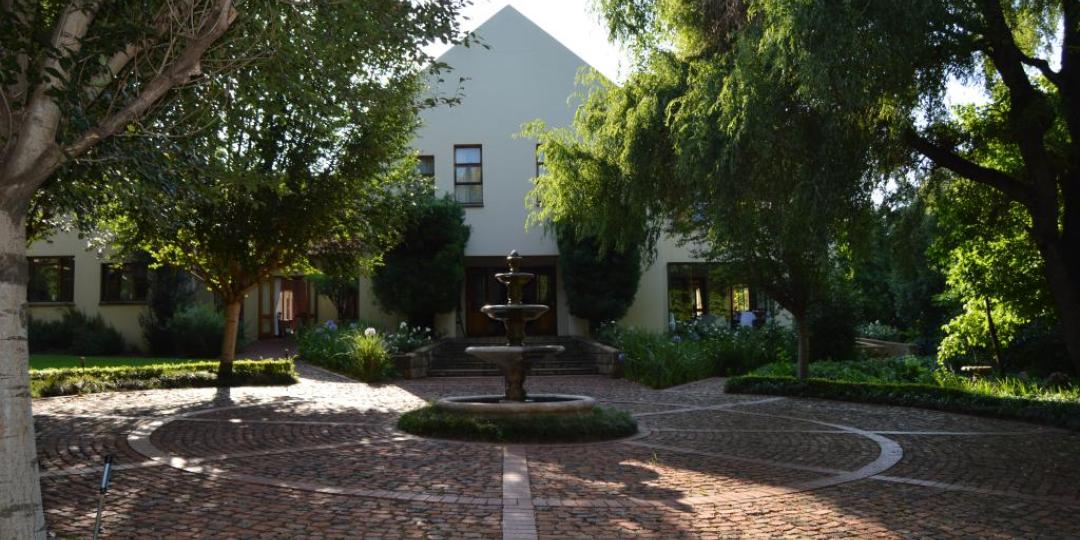With over 500 claimants seeking around R3.5bn (€179m) to R4bn (€205m) in unpaid Business Interruption (BI) insurance from several insurance companies, the Tourism Business Council of South Africa (TBCSA) has warned that this could see job losses and company closures in other economic sectors as well.
“Tourism is an apex industry with a long and deep supply chain,” said TBCSA CEO, Tshifhiwa Tshivhengwa, highlighting that the sector contributed an annual amount of R206.5bn (€10.6bn) of supply chain and capital spend to the economy.
“Tourism’s supply chain has deep tentacles into many sectors, including vehicle manufacture, agriculture, fuel, other manufacturing e.g. textiles – towels, linen, blankets, duvets, décor fabrics, and uniforms – furniture, crockery, cutlery and kitchen equipment, cleaning products and guest supplies etc. and services such as banking, security, marketing, laundry and cleaning, to name but a few,” he said.
Budmarsh Country Lodge – which is facing imminent closure – has contracts with numerous suppliers outside the tourism sector, including a small business that does the property’s laundry.
“They don’t want to lose our business and have told us we can pay them when we can – which is a huge contrast to the massive insurance companies looking for any loophole not to pay us, despite the fact that we have been paying our premiums like clockwork every month,” said Co-owner of Budmarsh, Meg Fargher.
Budmarsh also has an ongoing contract with a local security company (as insisted upon by the insurance company) which will mean further job losses if the property closes.
The Winterton, KwaZulu Natal community near the historic Cathedral Peak Hotel also stands to lose R20 000 (€1 000) to R30 000 (€1 500) per month in aid – including clothes and food – if the hotel is not paid its BI claims soon, according to owner, William van der Riet.
He also noted that the hotel faced millions in debt for operational costs which include money owed to numerous suppliers.
More facts and figures
- The tourism sector buys 12.5% of locally manufactured cars.
- It contributes 8% of the total retail sector revenue.
- Many construction sector jobs are boosted by building, expanding and maintaining tourism infrastructure.
- The salaries of those employed in public-sector tourism entities are supported, and thus dependent, on the survival of the tourism sector.























